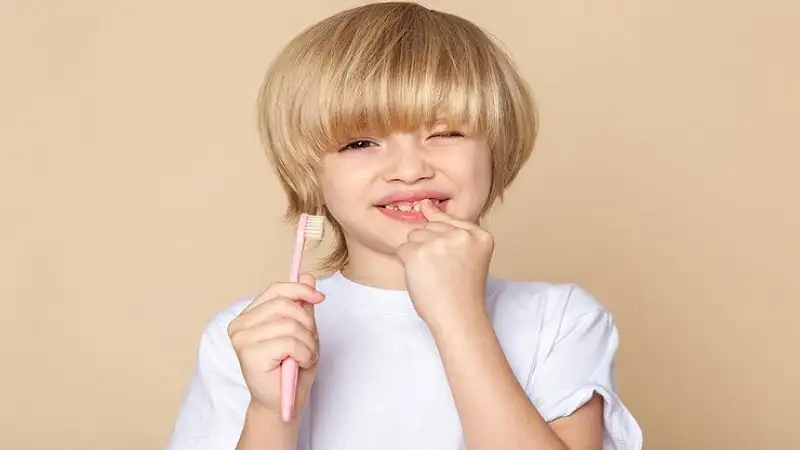Maintaining good dental health in children is crucial for their overall wellbeing and development. Parents and caregivers play an essential role in helping establish routines that will ensure their child’s teeth and gums remain healthy from infancy through to adolescence. This guide provides practical advice on how to care for your child’s oral health, with a focus on consistency and early education.
Establishing a Dental Routine Early On
The journey to excellent dental health begins even before your child’s first tooth appears. Start by gently wiping your baby’s gums with a soft, moist cloth twice a day—especially after feedings and before bedtime. This early routine sets a baseline for good oral hygiene and helps acclimate your child to regular dental care as they grow.
As soon as the first tooth appears, introduce a soft-bristled toothbrush designed for infants. Use a tiny smear of fluoride toothpaste, no larger than a grain of rice, to clean their teeth. Gradually increase the amount of toothpaste to a pea-sized dollop as they grow and can spit it out reliably, usually around age three.
Choosing the Right Dental Care Products
Selecting appropriate dental care products is vital. For toothbrushes, choose one with soft bristles and a small head, specifically designed for children. Replace the toothbrush every three months or sooner if the bristles become frayed. Fluoride toothpaste is recommended, but it’s important to use it sparingly for young children to prevent swallowing.
In addition to regular toothbrushing, consider adding dental floss to your child’s routine as soon as two teeth begin to touch. This will help prevent cavities from forming between the teeth, where a toothbrush can’t reach.
Regular Dental Check-Ups
Regular visits to a dentist are key to maintaining your child’s dental health. A paediatric dentist in Sydney or your local area can provide specialised care tailored to the unique needs of young patients. These professionals are trained to handle the specific challenges that come with treating children, including managing anxiety and ensuring that the child feels comfortable and safe during their visit.
It’s recommended that children see a dentist by their first birthday or within six months after their first tooth emerges. Regular check-ups every six months will allow the dentist to monitor your child’s dental health and quickly address any issues that may arise.
Diet and Its Impact on Dental Health
A balanced diet is crucial for healthy teeth and gums. Limit sugary snacks and beverages, as sugar can lead to tooth decay. Encourage your child to drink plenty of water, especially if your community’s water is fluoridated, as fluoride helps to harden tooth enamel and prevent cavities.
Promote a diet rich in vegetables, fruits, and calcium-rich foods such as cheese and yogurt, which can help strengthen teeth. Chewing sugar-free gum can also be beneficial for older children, as it helps stimulate saliva flow and naturally washes away food particles.
Dealing with Dental Emergencies
Despite the best preventive care, dental emergencies can happen. Educate yourself on how to handle common dental emergencies, such as knocked-out teeth, chips or cracks, and severe toothaches. In most cases, seeking immediate dental advice is crucial. Have your dentist’s contact information readily available and know their procedures for emergency situations.
Educating Children on the Importance of Dental Health
Teaching your child the importance of dental health is as crucial as the physical act of tooth brushing. Use age-appropriate books, apps, and videos to make learning about dental health engaging and fun. Encourage them to take responsibility for their dental care as they grow older, such as brushing their own teeth under supervision and eventually, brushing and flossing independently.
Regular discussions about why we brush and visit the dentist can demystify these experiences and help children feel more involved and less anxious about dental care. Celebrate milestones in dental health, like a cavity-free dentist visit or mastering the art of flossing, to reinforce these positive behaviours.
Proper dental care is a crucial aspect of a child’s health and requires consistent attention from early childhood. By establishing and maintaining good dental habits, you can ensure that your child’s teeth and gums remain healthy, setting them up for a lifetime of smiles. With the right approach, dental care can be a positive and integral part of your child’s daily routine.
